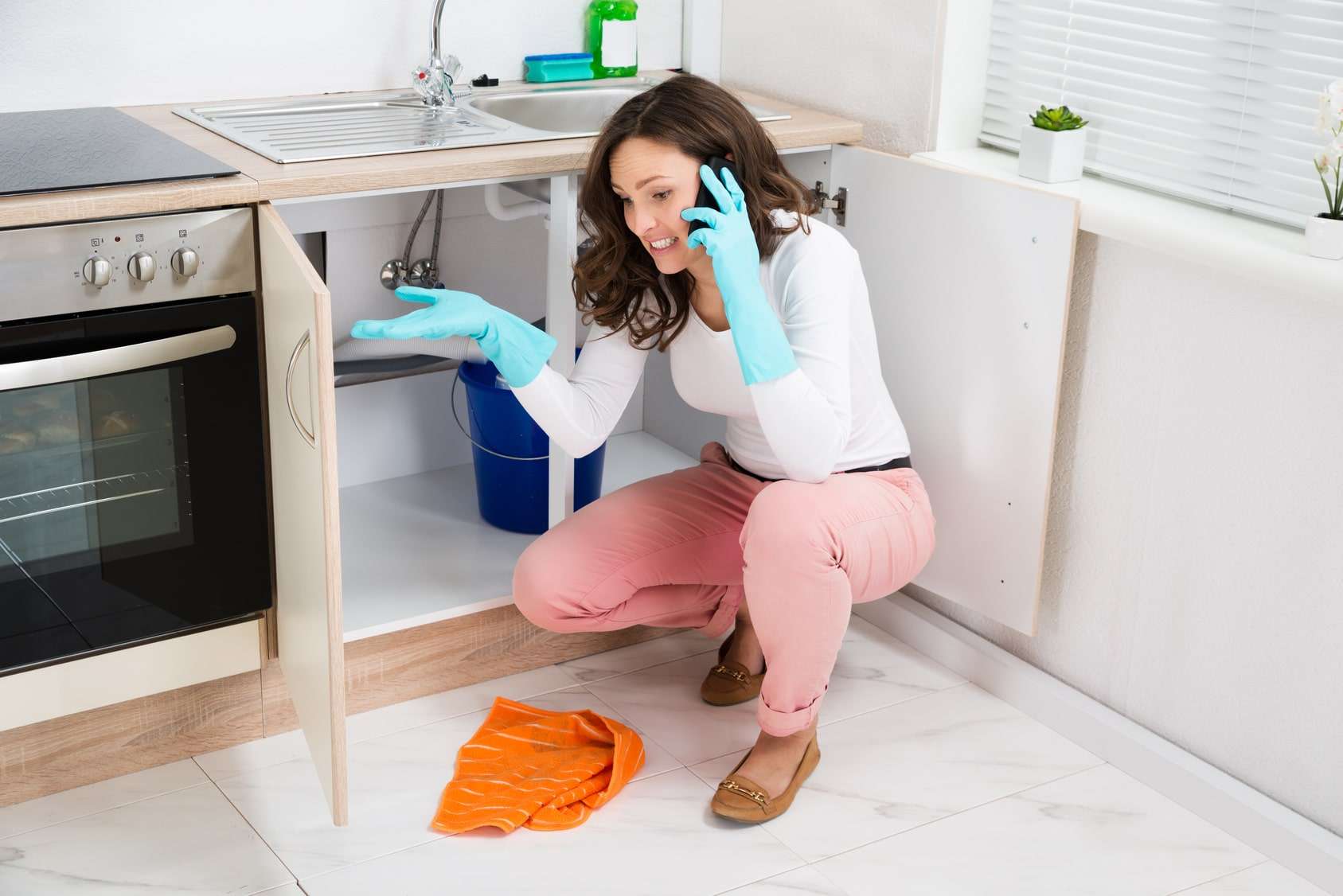Find Out Common Factors Leading To Water Leakage in Your Home
Find Out Common Factors Leading To Water Leakage in Your Home
Blog Article
We've noticed the article involving Common Water Leaks In House listed below on the net and felt it made perfect sense to share it with you over here.

Leakages not only create waste of water but can likewise create unneeded damage to your house as well as advertise unwanted natural growth. By looking and recognizing for daily circumstances that create leaks, you can shield your residence from future leaks and also unnecessary damage.
Intruding origins
The majority of water leakages start outside the home instead than inside it. You may observe damp spots or sinkholes in your backyard, and that may suggest that tree roots are getting into water lines causing water to leak out.
Rusty water supply
As time goes by, your plumbing system ages and corrosion such as rust may begin eating away the pipelines. This might be the root cause of discoloration or bending on your pipes. This asks for an assessment with your plumber right away. If our plumbing system is old, take into consideration changing the pipes since they go to a higher threat of deterioration than the newer versions.
Defective Pipe Joints
Pipeline joints can degrade over time, resulting in water leaks. If you have loud pipes that make ticking or banging noises, especially when the warm water is transformed on, your pipeline joints are possibly under a whole lot of pressure.
Immediate temperature level modifications.
Severe temperature changes in our pipes can cause them to expand and also get unexpectedly. This expansion and tightening may cause splits in the pipelines, particularly if the temperature are below freezing. It would certainly be best if you kept an eye on just how your plumbing works. The presence of the formerly mentioned conditions often suggests a high threat.
Poor Water Connectors
Sometimes, a leak can be brought on by loosened hoses as well as pipes that supply your appliances. Typically, moving is what triggers the loose water Connections. You might discover in the case of a washing equipment, a hose might spring a leakage as a result of drinking during the spin cycle. In case of a water connections leak, you may discover water running directly from the supply line or pools around your devices.
Obstructed Drains
Blocked drains pipes may be annoying as well as inconveniencing, but they can sometimes end up triggering an overflow causing rupture pipes. Maintain eliminating any materials that might go down your drains that might obstruct them to avoid such inconveniences.
All the above are sources of leakages yet not all water leaks arise from plumbing leaks; some leakages may originate from roof leakages. All leakages ought to be repaired right away to avoid water damage.
Leaks not only create waste of water yet can additionally trigger unnecessary damages to your house as well as advertise undesirable organic development. By looking and also comprehending for day-to-day situations that cause leakages, you can secure your home from future leakages and unnecessary damages. Today, we will look at six leakage creates that may be creating your pipelines to trickle.
At times, a leak can be triggered by loosened hose pipes as well as pipelines that provide your home appliances. In case of a water connections leakage, you may notice water running directly from the supply line or puddles around your appliances.
How To Check For Water Leak In Your Home
How To Check for Leaks
The average household's leaks can account for nearly 10,000 gallons of water wasted every year and ten percent of homes have leaks that waste 90 gallons or more per day. Common types of leaks found in the home are worn toilet flappers, dripping faucets, and other leaking valves. These types of leaks are often easy to fix, requiring only a few tools and hardware that can pay for themselves in water savings. Fixing easily corrected household water leaks can save homeowners about 10 percent on their water bills.
To check for leaks in your home, you first need to determine whether you're wasting water and then identify the source of the leak. Here are some tips for finding leaks:
Take a look at your water usage during a colder month, such as January or February. If a family of four exceeds 12,000 gallons per month, there are serious leaks.
Check your water meter before and after a two-hour period when no water is being used. If the meter changes at all, you probably have a leak.
Identify toilet leaks by placing a drop of food coloring in the toilet tank. If any color shows up in the bowl after 10 minutes, you have a leak. (Be sure to flush immediately after the experiment to avoid staining the tank.)
Examine faucet gaskets and pipe fittings for any water on the outside of the pipe to check for surface leaks.
Undetected water leaks can happen without the home or business owner even realizing. If you suspect a water leak, but not able to find the source. It is time to contact a professional water leak detection service, The Leak Doctor.
How To Find a Water Leak In Your Home
https://www.leakdoctor.com/blog/How-To-Check-For-Water-Leak-In-Your-Home_AE197.html

I ran across that piece of writing about Top Causes of Home Water Leaks while doing research the search engines. If you appreciated our post please be sure to share it. We enjoy reading our article about How to detect water leaks in your home.
View Website Report this page